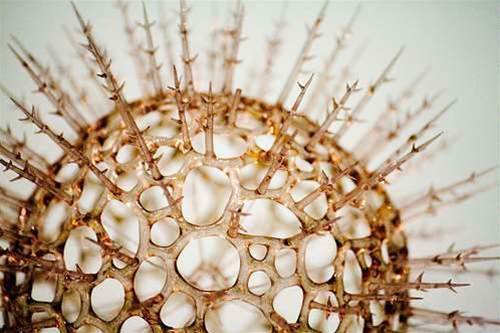Telco and government representatives will meet in Sydney today to discuss improvements how the industry-led, anti-malware iCode may be improved.

Telcos that subscribe to the iCode monitor their networks for signs of malware activity on subscriber machines and then contact victims to help remove any infections.
The standing-room only event coincides with an 18-month review of the iCode by the Department of Broadband, Communications and the Digital Economy (DBCDE) and the Internet Industry Association (IIA).
The review would attempt to gauge the success of the scheme and whether changes were needed including the slim possibility of mandating that telcos adopt specific technologies and processes to comply with the otherwise relaxed and voluntary scheme.
Telcos and the Internet Industry Association which oversaw the iCode disliked the prospect of having prescribed technologies.
“We’re all different organisations,” Internode security manager Derek Groke said. “We’ve got different processes, people, infrastructure, some are publicly-listed and others not. All this makes a big difference.”
Yet statistics that show success or failure of the iCode do not exist because of the differences in the way telcos handled customer malware infections.
Instead, the iCode was considered a success because it was essentially an extension to small ISPs of long-established practises within large telcos to help keep machines clean – and customers happy.
Groke and his counterparts at Telstra, Optus and iiNet kept watch of infections like Flashback and DNSChanger that spiked across their subscribers and would issue removal instructions to frontline customer service staff.
“We have all been doing this for a long time,” Groke said. “It’s about good business practice and competitiveness, and about freeing up customer service staff.”
“At the end of the day, you do as much as you can, as often as you can.”
Discussions would also examine how the iCode would tackle emerging sophisticated malware and operate in an IPV6 environment.
Rob Forsyth, former IIA board member and local managing director of security firm Sophos had discussed ways malware writers could complicate customer disinfection efforts.
“Imagine malware that would only spew out spam when an infected device connects to a public hotspot at say Starbucks or the Qantas lounge - how would you help clean the device?” Forsyth said.
He had also discussed with fellow iCode members about how botnets may be tracked over large IPV6 address spaces, which he described as “different, but not more difficult”.
The discussions were the most advanced of the anti-botnet iCode deployments. In May, South Africa announced it would deploy the iCode while the US adopted the scheme in all but name.
Senior Indian Government officials had also flagged keen interest in the code while former iCode creator and IIA Peter Coroneos had pitched the scheme to European governments and telcos at the Messaging Anti-Abuse Working Group conference in Berlin last week.




_(22).jpg&h=140&w=231&c=1&s=0)



_(26).jpg&w=100&c=1&s=0)

 iTnews Executive Retreat - Security Leaders Edition
iTnews Executive Retreat - Security Leaders Edition












_(1).jpg&h=140&w=231&c=1&s=0)



